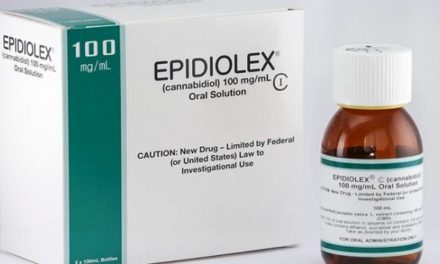RESTORE YOUR SECOND AMENDMENT RIGHTS
RESTORE YOUR PROFESSIONAL LICENSE
RESTORE YOUR DRIVER LICENSE
RESTORE YOUR PAST
Call our Office for a free case evaluation
Komorn Law (248) 357-2550
(tap here to call now)
Komorn Law practices in Both Federal and All Courts in the State of Michigan
NIH-funded observational study shows risk grows sharply with more frequent use.
Frequent cannabis smoking may substantially heighten an individual’s susceptibility to heart attack and stroke, as indicated by an observational study endorsed by the National Institutes of Health.
The study, published in the Journal of the American Heart Association, utilizes data from a substantial sample of almost 435,000 American adults, making it one of the most comprehensive explorations to date on the correlation between cannabis use and cardiovascular events.
The study, funded by the National Heart, Lung, and Blood Institute (NHLBI), part of NIH, found that daily use of cannabis — predominately through smoking — was associated with a 25% increased likelihood of heart attack and a 42% increased likelihood of stroke when compared to non-use of the drug.
Less frequent use was also associated with an increased risk of cardiovascular events. Weekly users showed a 3% increased likelihood of heart attack and a 5% increased likelihood of stroke.
Around 75% of the study respondents reported that they mainly used cannabis by smoking the drug. Approximately 25% of the respondents reported using cannabis by some method other than smoking, such as vaping, drinking, or eating the drug.
“We know that toxins are released when cannabis is burned, similar to those found in tobacco smoke,” said corresponding author Abra Jeffers, Ph.D., a data analyst at Massachusetts General Hospital in Boston and formerly a researcher at the Center for Tobacco Control Research and Education at the University of California, San Francisco, where she conducted the study as part of her postdoctoral work.
Researchers suggest that though the specific relationship between cannabis and heart disease remains unclear and was not investigated in this study, there are various factors that may contribute to this connection.
In addition to toxins, the body’s cardiovascular tissues contain widespread endocannabinoid receptors, which are responsible for recognizing tetrahydrocannabinol (THC), the primary psychoactive ingredient in cannabis. This presence of receptors might contribute to potential heart risks.
As always… Follow the money.
More Posts
THC Associated with Increased Survival Time in Palliative Cancer
Study Shows Potential Survival Benefit of THC for Ambulatory Palliative Care PatientsThis article...
How DUI Charges Can Affect Your Child’s Future
How DUI Charges Can Impact Your Child's Future In Michigan, driving is not just a right, but a...
650 plus investigative cases affected by DNA analyst’s data manipulation
652 cases between 2008 and 2023 are affected. Cases before that are still under review. A former...
It’s not easy but Michigan wants to study marijuana’s health benefits
IT’S NOT EASY BUT MICHIGAN WANTS TO STUDY MARIJUANA’S HEALTH BENEFITSWhen Michigan voters approved...
Fed research discovers method to distinguish hemp and marijuana
RESTORE YOUR SECOND AMENDMENT RIGHTSRESTORE YOUR PROFESSIONAL LICENSERESTORE YOUR DRIVER...
Evaluation of Field Sobriety Tests for Identifying Drivers Under the Influence of Marijuana
This randomized clinical trial investigates the accuracy of field sobriety tests administered by...

















